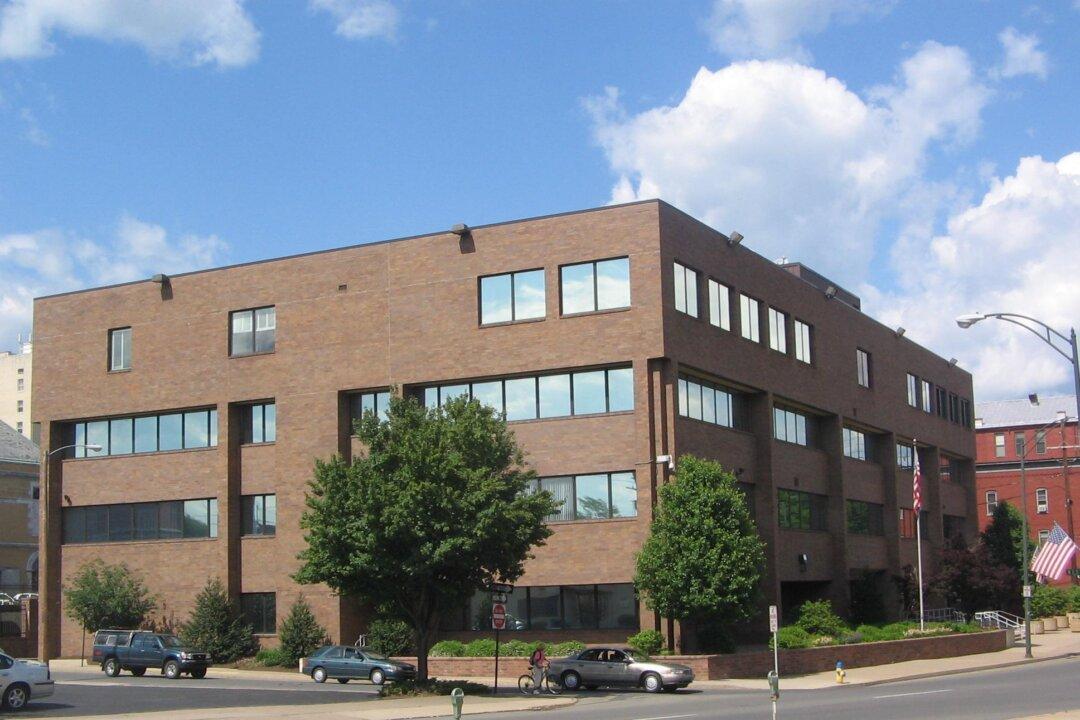Parents of parochial school students in Pennsylvania are suing a public school district, alleging officials violated their rights by not allowing their children to participate in the district’s extracurricular programs.
Their legal complaint claims the State College Area School District (SCASD) and its board discriminated against Centre County students who attend religiously affiliated institutions by refusing to allow them to participate in the district’s extracurricular and co-curricular activities because of their parochial school affiliation.





